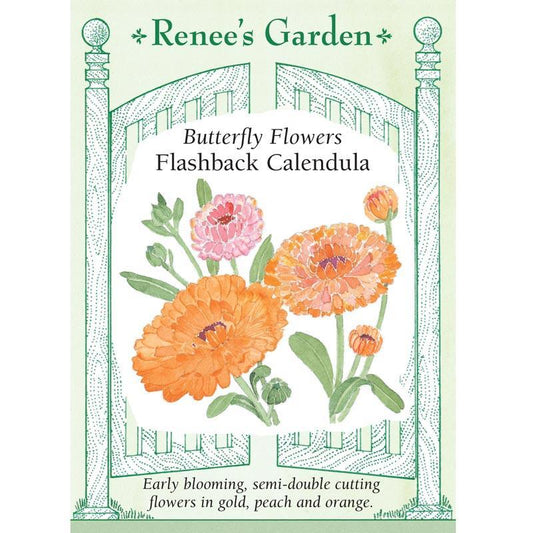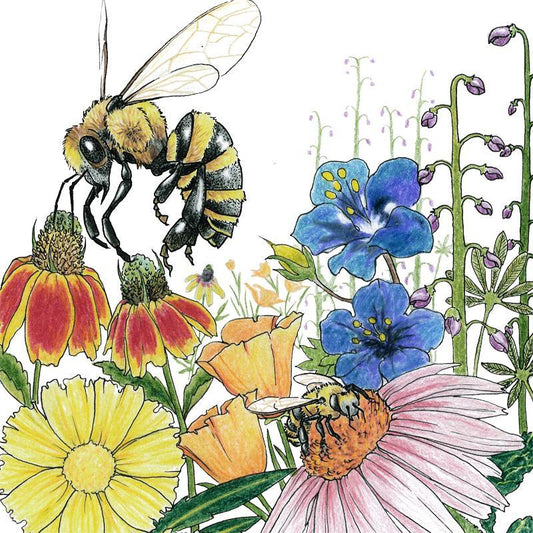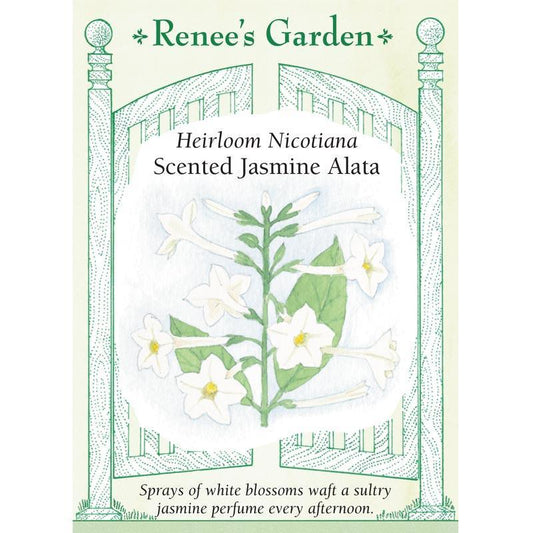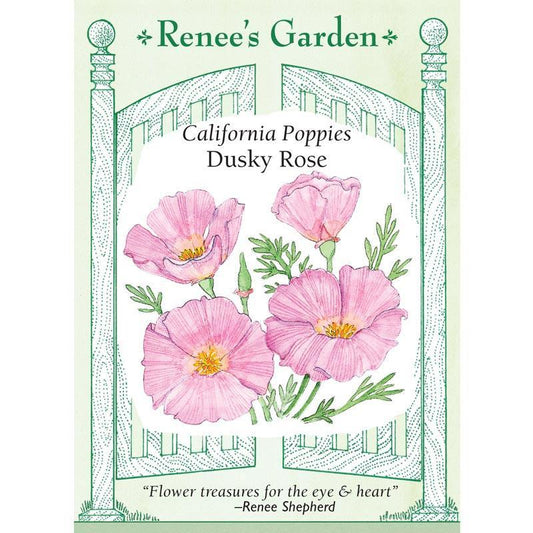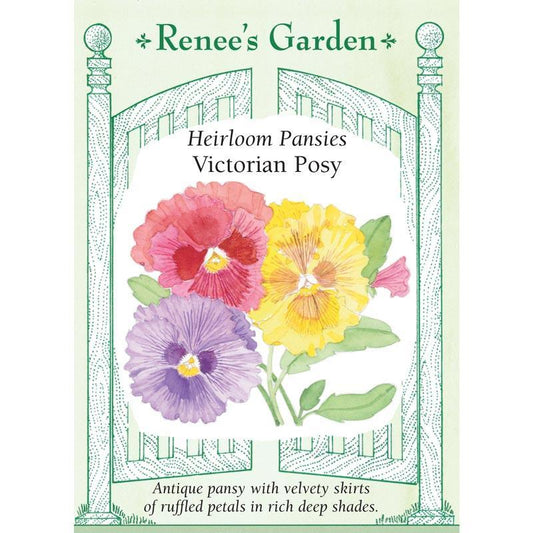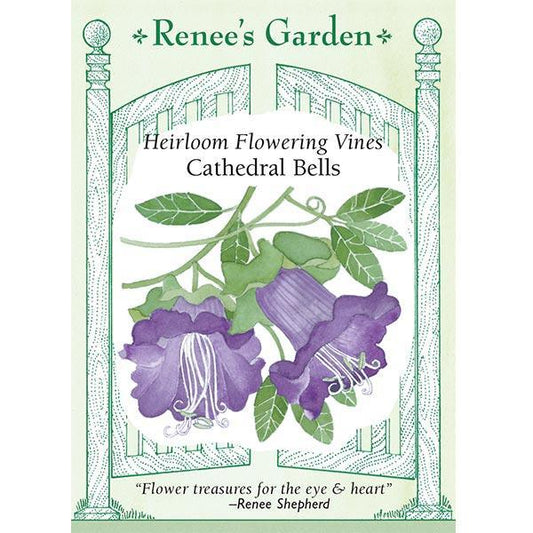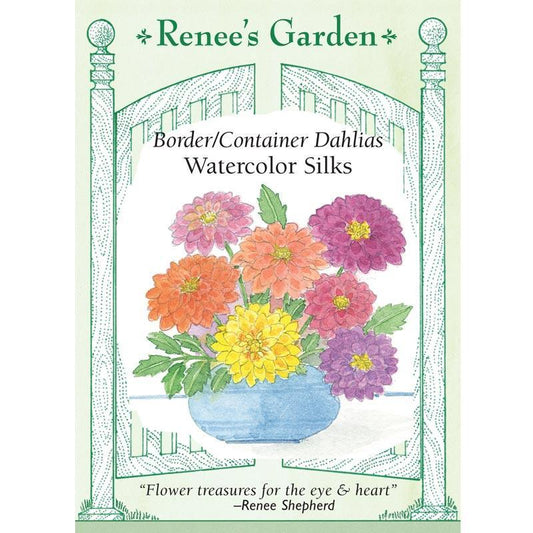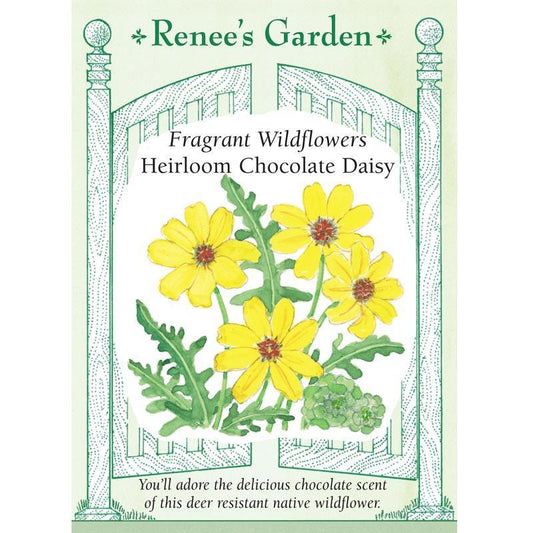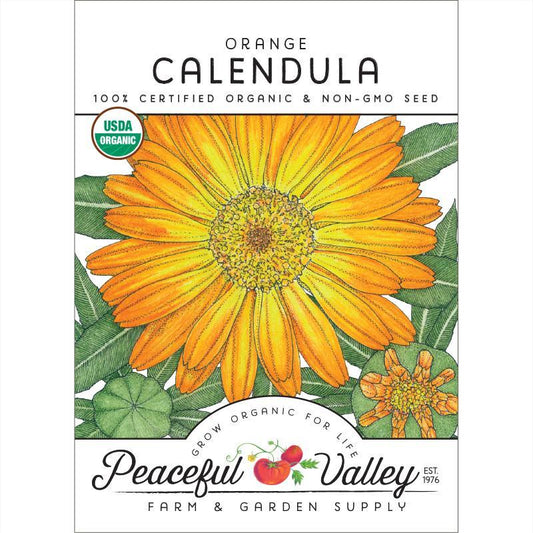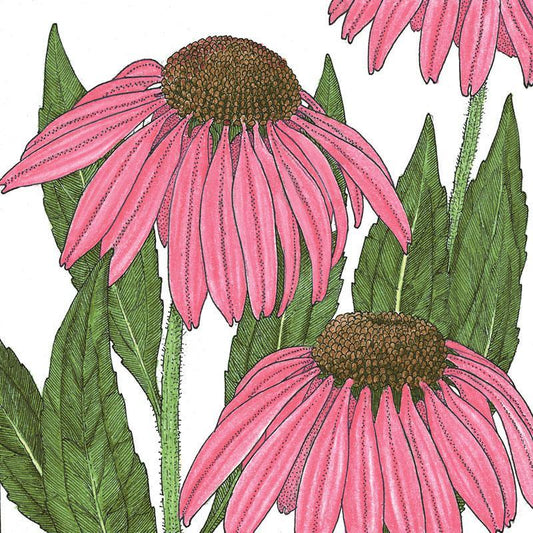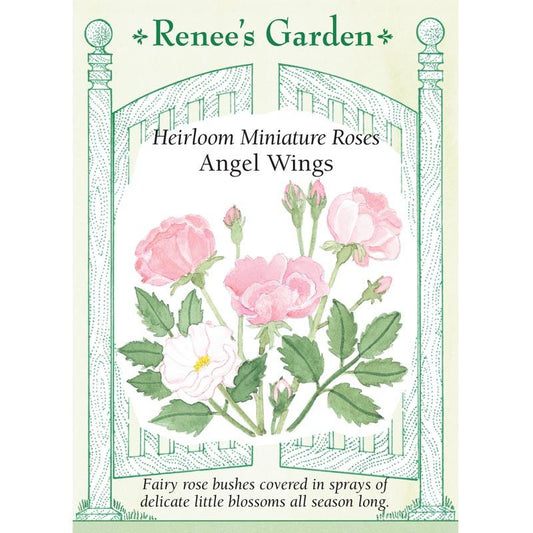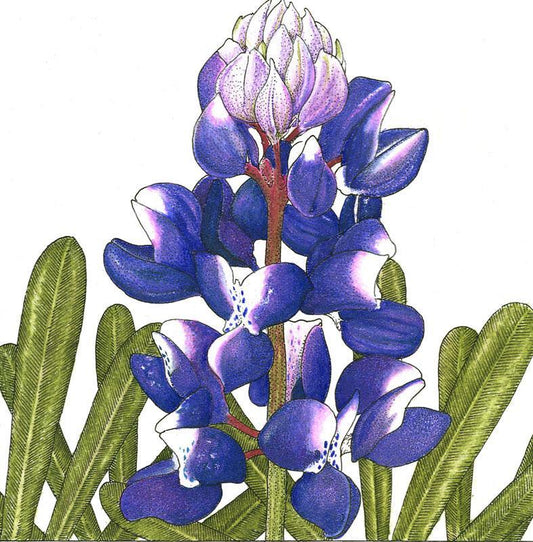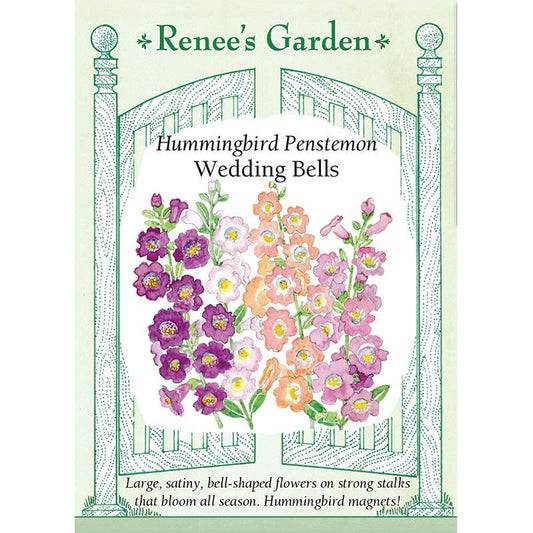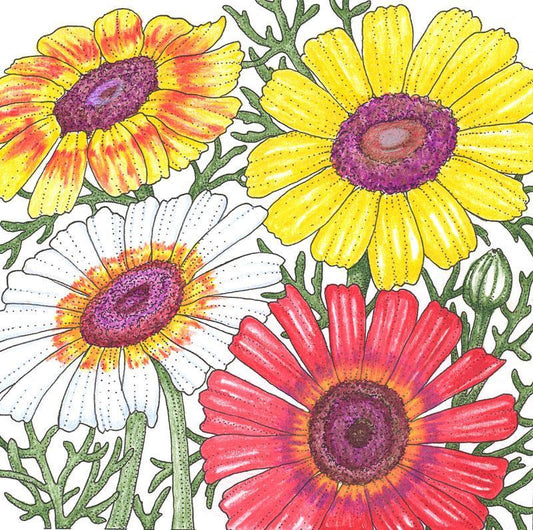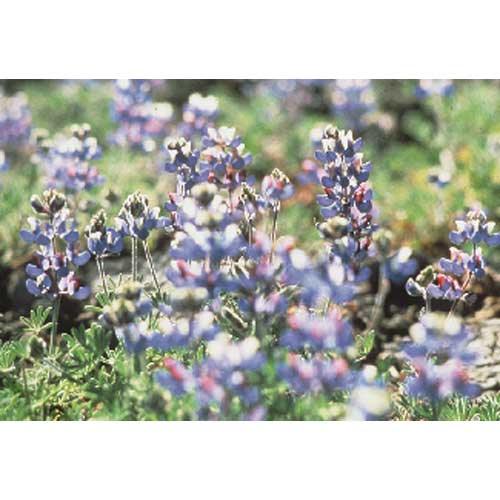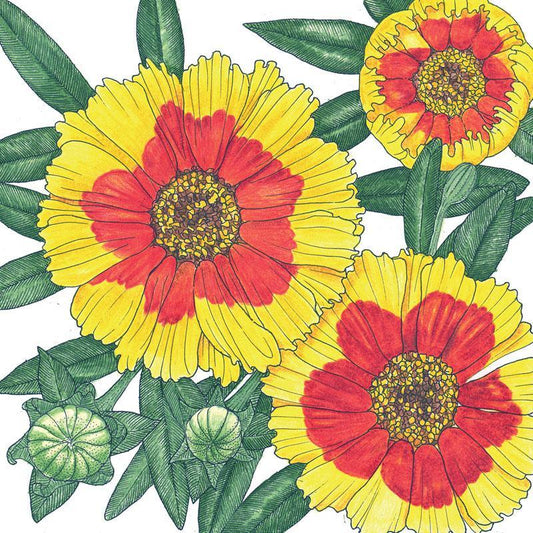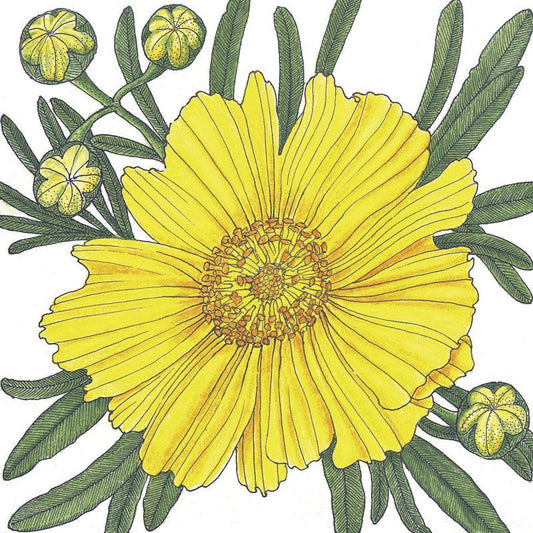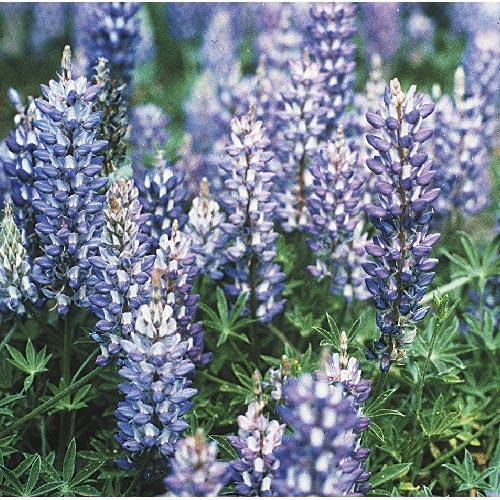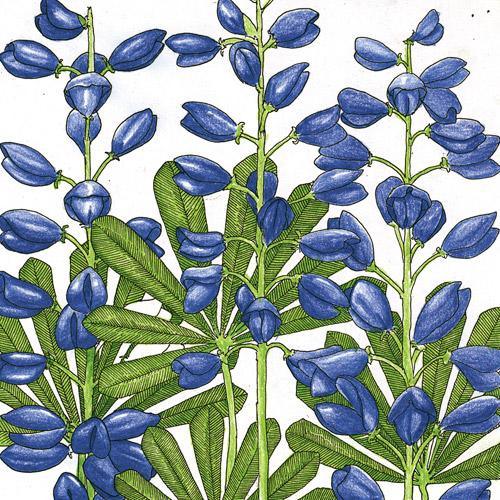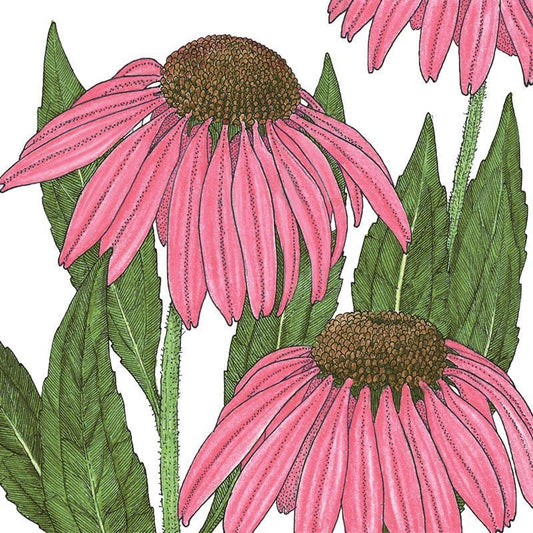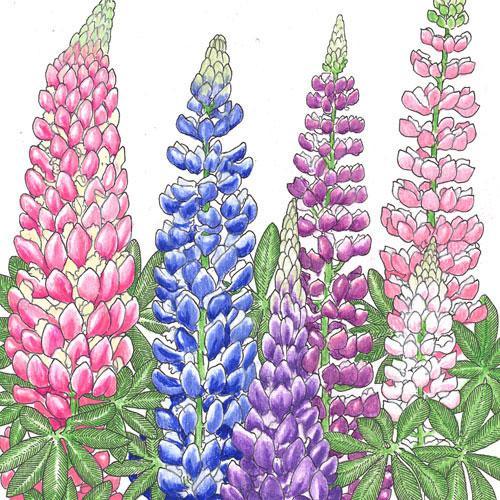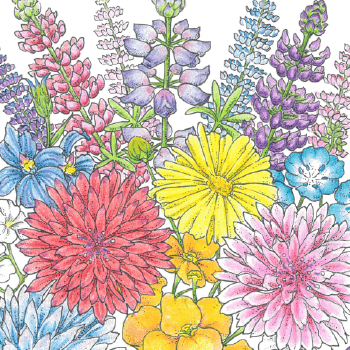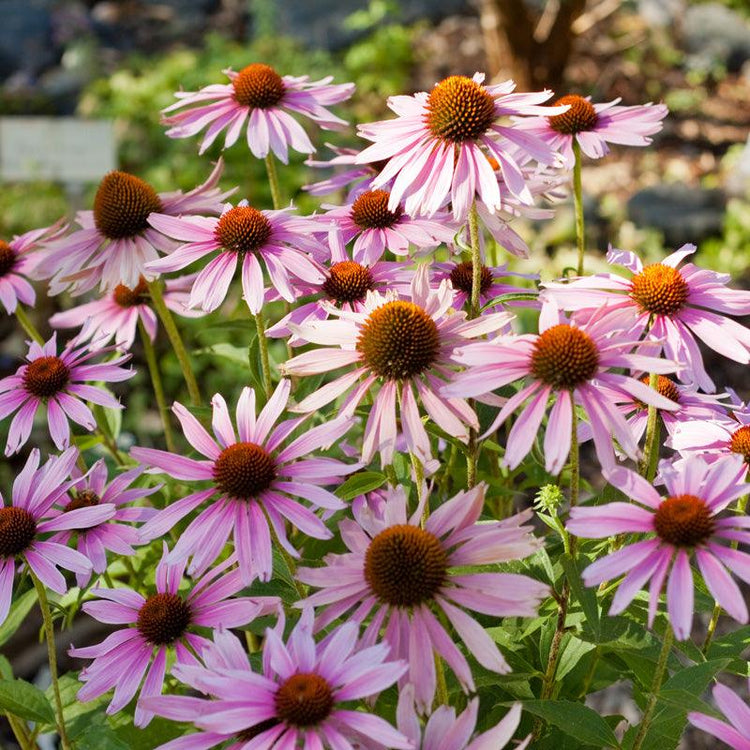
Perennial flowers are nature's gift to gardeners, offering enduring beauty that returns year after year. With a wide selection of perennial flower seeds, you can create a garden that bursts with colors, shapes, and fragrances season after season.
Varieties of Perennial Flower Seeds:
Perennial flower seeds come in a vast array of options, each with its unique charm and characteristics. These seeds offer an opportunity to cultivate a diverse and long-lasting garden, including various vibrant colors, heights, and bloom times. Popular perennial flower varieties include daylilies, coneflowers, irises, lupines, and daisies, among many others.
Benefits:
The appeal of perennial flower seeds lies in their numerous advantages for gardeners:
-
Longevity: Perennial flowers return year after year, eliminating the need for replanting and ensuring a sustainable and enduring garden.
-
Seasonal Variety: By selecting a range of perennial flowers with different bloom times, you can enjoy various colors and blooms throughout the year.
-
Low Maintenance: Perennial flowers typically require less maintenance than annuals, as they establish strong root systems and adapt to their environment.
-
Environmental Benefits: Perennial gardens support pollinators and beneficial insects, contributing to biodiversity and a healthier ecosystem.
Cultivating Perennial Flower Seeds:
Growing perennial flowers from seeds is a rewarding endeavor. Here are some tips for successful cultivation:
-
Seed Selection: Choose perennial flower seeds that are suitable for your region's climate and soil conditions. Consider factors such as sunlight, moisture, and hardiness zones.
-
Soil Preparation: Prepare the soil by removing weeds and adding organic matter to improve fertility and drainage. Well-draining soil is essential for perennial flower success.
-
Sowing Seeds: Follow the instructions on the seed packet for sowing depth and spacing. Most perennial seeds can be sown directly in the garden in the spring or fall.
-
Watering: Keep the soil consistently moist but not waterlogged until the seeds germinate and seedlings establish themselves.
-
Patience: Perennial flowers may take some time to bloom, and some varieties may not flower until their second or third year. Be patient and allow your garden to mature.
-
Mulching: Applying mulch around the base of perennial flowers helps conserve moisture, regulate soil temperature, and suppress weeds.
-
Maintenance: Regular deadheading (removing spent blooms) can prolong the blooming period while dividing mature plants every few years helps maintain their vitality.
-
Winter Protection: Some perennial flowers may benefit from winter protection, such as mulch or burlap, to shield them from harsh winter conditions.
Enjoying Your Perennial Garden:
A perennial garden offers continuous joy with minimal effort. As your perennial flowers mature and flourish, you can enjoy the ever-changing display of colors and shapes. Watch as your garden becomes a haven for pollinators and wildlife, contributing to the beauty of your outdoor space and the health of the environment.
Perennial flower seeds bring the gift of lasting beauty and low-maintenance gardening to your outdoor space. With diverse perennial varieties, you can create a garden that provides year-round visual delight and supports local ecosystems. Whether you're a seasoned gardener or a novice, perennial flowers offer a sustainable and enduring way to add vibrant colors and life to your landscape. Planting perennial flower seeds is an investment in the future beauty and biodiversity of your garden, ensuring that nature's wonders continue to flourish year after year.
Enjoy our other flower seed resources including how to grow lupine.


